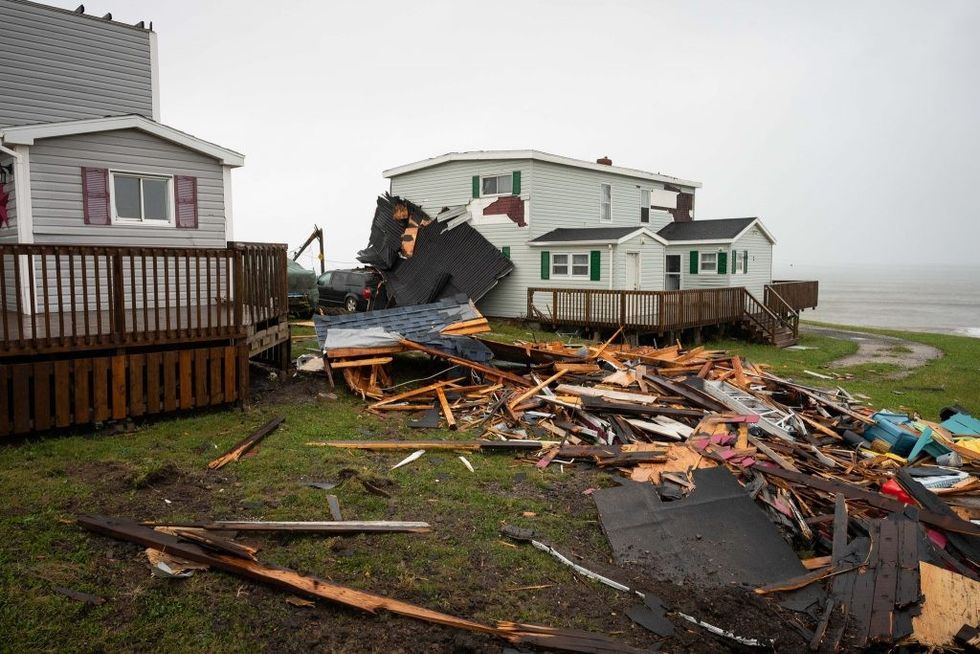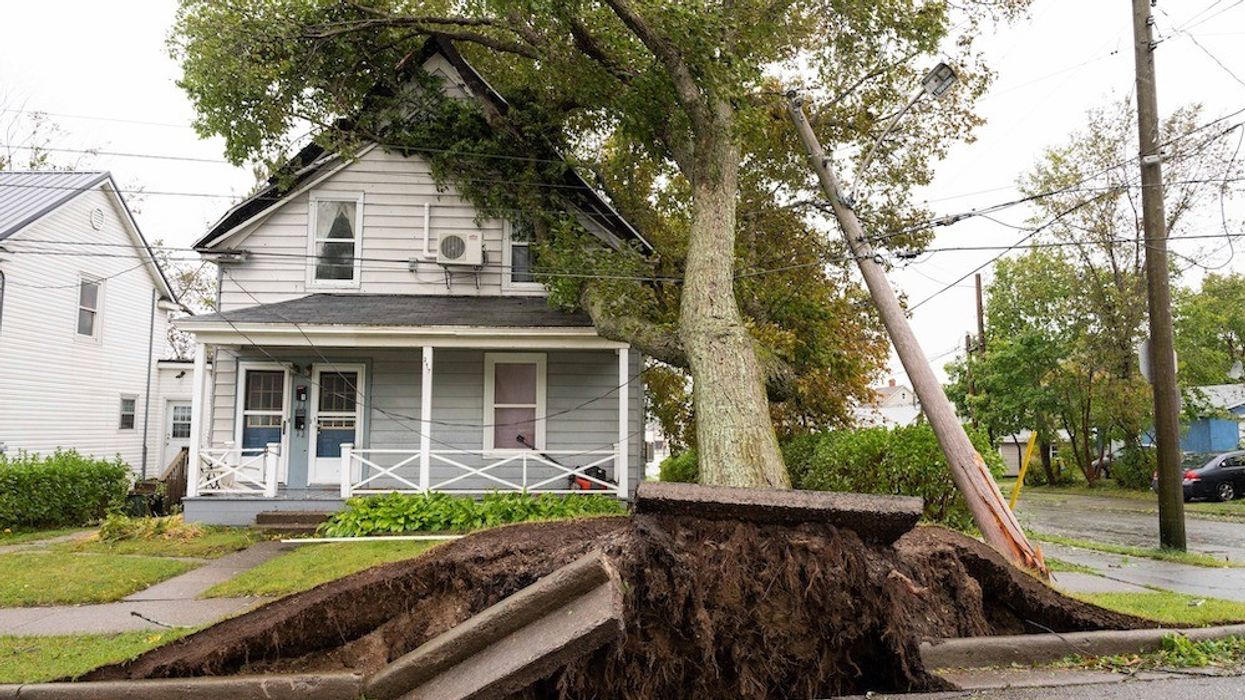Hurricane Fiona may have passed through Atlantic Canada a number of weeks ago, but its disastrous effects are still raging on. From fallen trees to torn off roofs to houses swept into the ocean, Hurricane Fiona is estimated to have caused $660M in insured damages, according to a new report from the Insurance Bureau of Canada (IBC).
At that price point, Hurricane Fiona is the most costly extreme weather event ever recorded in Atlantic Canada, and the tenth most costly in all of Canada. The $660M figure, however, is not all-encompassing of the damage the storm caused. As IBC notes, many of the residents whose property was damaged lived in high-risk flood areas and floodplains where residential flood insurance coverage isn't available. This means that the total amount of damages is likely much higher. And with no insurance coverage for these areas, IBC says that the government will have to take on the majority of costs for this disaster.
Hurricane Fiona first made landfall in the early hours of Saturday September 24 and raged on for hours. Wind speeds exceeding 100 km/h caused destruction in Nova Scotia, Prince Edward Island, New Brunswick, Quebec, and Newfoundland and Labrador.
Nova Scotia, which saw a large number of buildings damaged by fallen trees, extensive flooding, and torn-off roofs, accounted for the majority of insured damage, with an estimated $385M. PEI saw over $220M in insured damages as houses were moved off of their foundations by storm surge.

Some of the most shocking-to-see damages occurred in Port Aux Basques, Newfoundland where as many as 20 homes were washed into the ocean, leading to an evacuation order. In the neighbouring Burgeo, Burnt Islands and Fox Roost, many building were destroyed by waves and storm surge. Despite this, the province saw just over $7M in insured damages.
In Quebec, where some houses were flooded with several feet of water, there was over $11M in insured damages. Although New Brunswick was largely spared from the storm, its Northumberland Strait near the Nova Scotia border saw many large trees and branches fall, causing over $30M in insured damage.
In the wake of Hurricane Fiona, IBC says it is working to create a residential flood insurance program that would "make affordable insurance available to residents of high-risk areas."
"As we begin to see the extent of damages caused by Hurricane Fiona, it is clear that much more needs to be done to enhance our resilience to extreme weather events and build a culture of preparedness moving forward," said Amanda Dean, Vice-President, Atlantic,IBC. "Climate change is real, and the fatalities, emotional turmoil and financial consequences we've witnessed must be a call to action -- we must prioritize the protection of all Canadians from the impacts of climate change."





















